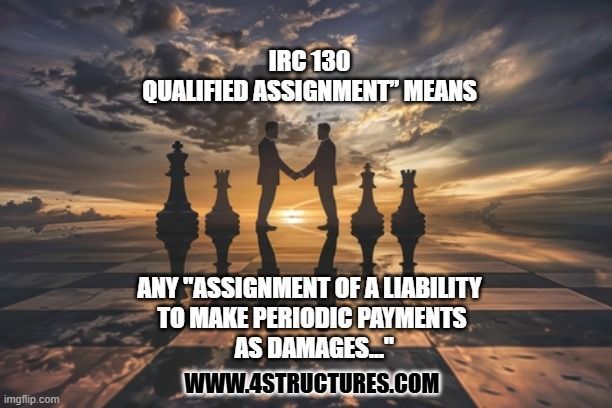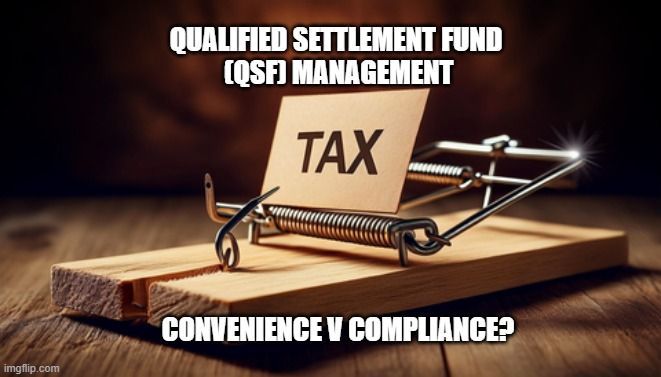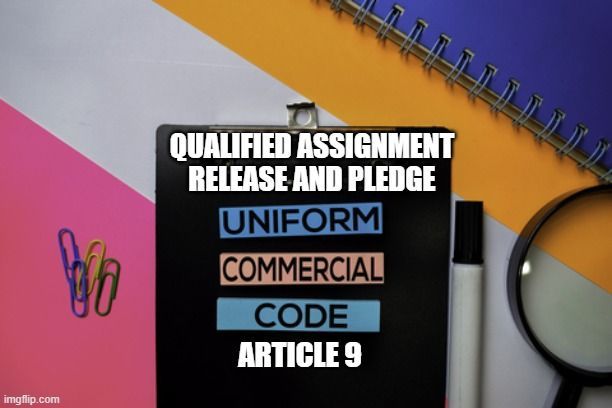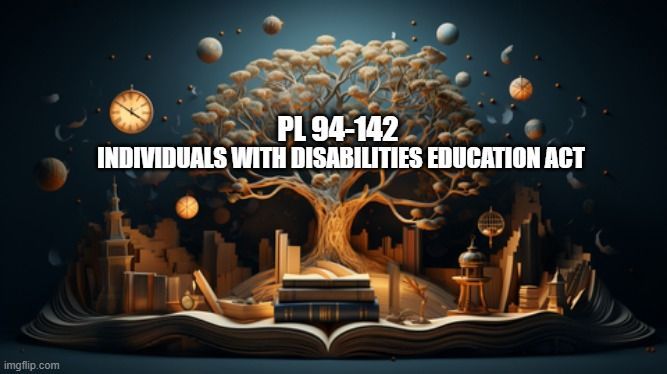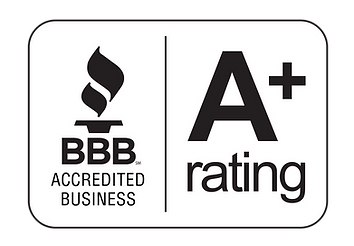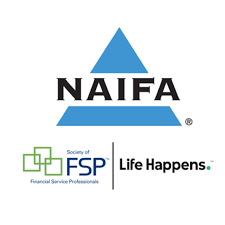A Personal Injury Victim's Dilemma | Lending Settlement Money
Pressure to Lend Settlement Money To Family, Friends or Others

A Helping Hand
Results of a September 2019 survey published by Bankrate.com revealed that 60% of Americans have helped out a friend or family member by lending them money with the expectation of being paid back, while 17% have lent their credit card and 21% have co-signed for a financial product such as a loan or rental. 35% of those surveyed who participated in at least one of the stated activities were negatively impacted, resulting in lost money, a damaged credit score or harmed relationship [Source: Bank rate Lending Money Survey 2019]
A May 2015 article in the Independent, highlighted research that shows that Britons were advancing billions to friends and family each year and that relationships were feeling the strain. The StepChange survey revealed that 56% of those clients in debt to family relationships said their relationships had deteriorated. While the Independent article clearly does not say you should always refuse to lend to people close to you, it is important to recognize that most arguments and fall outs tend to occur when money is owed. The moment you ask for it back, the tension starts to build. You must have clarity over the repayment of the loan BEFORE you lend the money"
A Settlement is Not a Windfall
If you have received, or will be receiving a settlement in a personal injury case, a settlement is not a windfall even if it's the largest sum of money that you've ever had in your bank account, or if its the longest "job" guarantee you've ever had (structured settlement) Take at least a minute to think about the reason why you received (or are receiving the money) the money and what you had to go through to get it.
- You've suffered a physical injury or sickness and all that it entailed, including physical, emotional and financial losses, and pain & suffering, some of which may continue into the future;
- Or you've lost a spouse, life partner, a parent or child, or both parents;
- Or you've endured discrimination, harassment in employment, violations of civil rights or wrongful incarceration
- You have ridden perhaps a joyless roller coaster ride through years of litigation including invasive discovery requests, the depositions you attended, mediation, attended depositions and been frustrated by many stops and starts.
- These are just a few reasons why you should not be guilted into lending money.
Saying no to family and friends can be tough
Consider that your settlement money may be all that you have. If you have a structured settlement, the structured settlement payments may be your primary source of income, or even sole source of income. Even if you’re not struggling financially but you're receiving requests from the same person, you have to nip it in the bud before it becomes a ongoing problem. If you never put your foot down, they may start relying on you for a steady stream of cash simply because you never refuse them.
- Avoid being unprepared for your own financial emergency.
- It’s not a good idea to speak about your settlement, your income or assets to friends or family members. Your settlement agreement may include a confidentiality clause that prohibits you from speaking about the settlement.
- Your settlement might seem like a lot in dollar terms to others, but they've probably not considered life care plans if you're seriously injured, or that you may have settled for less than full value because the other party had inadequate insurance to cover your losses or for other reasons such as issues with liability.
Should You Cash in Your Structured Settlement To Help Someone Out?
If you have a structured settlement it is unwise to sell your structured settlement payments (or any portion of them) in order to lend money to anyone, because you get hit on both ends. Selling your structured settlement payment rights means selling your future payments at what could be a significant discount. No matter which company you look to to buy your structured settlement payment rights, you will only receive pennies on the dollar. If you turn around and then loan money from the discounted proceeds ( to a friend or family member thinking you are helping ( but knowing that there is more than 50% chance that the relationship will deteriorate), where would that leave you?
Lending Money to Friends Quotes
- "Lending money to an enemy and thou will gain him, to a friend and thou will lose him: Benjamin Franklin
- "PPL never pay you back with the same mood they use to borrow yo money..." Unknown
- " You loan your friend money. You see them again, they don't say nothin' 'bout the money. 'Hi, how ya doing? How ya mama doing?' Man, how's my money doing?" Chris Tucker, comedian
- "If you need it, don't lend it. It's in most people's nature to want to help, but if you genuinely need the money back, and you can't afford to lose it, it'll be in your best interest not to set yourself up" Stephanie Lahart, " Unapologetic Exquisite Black Queen" and author, poet and motivational speaker.
A Wonderful Idea From Kevin O'Leary
Kevin O'Leary, Mr. Wonderful from Shark Tank says " If a family member comes to Kevin O'Leary aslking for aloan, he will offer them a gift istead. He'll give them the money (or a significant portion tehreof) outright with a couple of caveats. First, it is a one-time gift — and there will be no future gifts. He says this outright at the time of the agreement and insists that he and the family member shake hands on it. Then, he agrees that he and the recipient will never speak of the gift again. See Kevin O’Leary Says Don’t Loan Money to Family Members — Do This Instead (aol.com) February 17, 2024
Create a Decision Free Zone (" DFZ")
Decision Free Zone is a Sudden Money protocol called and it may be helpful to new settlement recipients as a pressure release valve.
A Decision Free Zone is about making only the decisions that must be made. And you need to have a process for identifying those decisions. It’s crucial to recognize that although you might have the perception that there is a long list of things you must do and decisions you make, many times reality does not map onto that perception. One way to help relieve you of the burden of the confusion or noise in their head, is a process for listening to your concerns and then sorting, organizing, and prioritizing those concerns with you. In order to begin to calm and clarify an otherwise overwhelming and confusing experience, you must be able to give space and time to everything that concerns you. As a Certified Financial Transitionist, I respect the experience you are having as well as help you navigate it. Without actually identifying the concerns it's hard to determine which are the most pressing.
#lendingmoney #lendingmoneytofriends #lendingmoneytofamily #loanstofamily #loanstofriends #settlementmoney #settlementmistakes #financial mistakes #decisionfreezone #DennisO'Leary #mrwonderful
Last updated February 18, 2024

